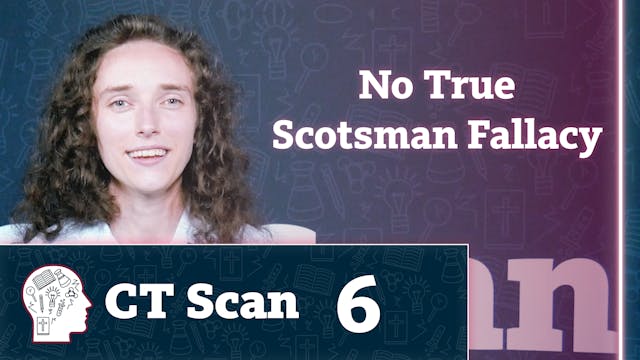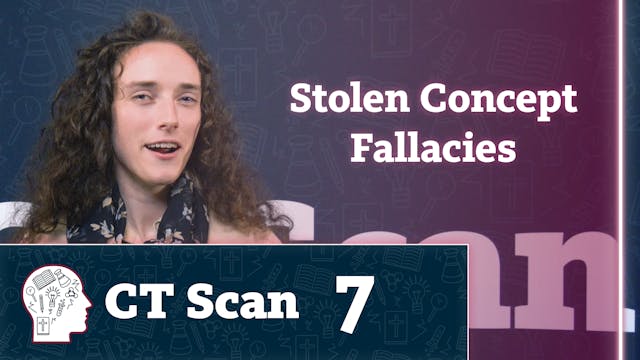Straw-man fallacies re-frame strong positions as weak ones, while motte-and-bailey fallacies re-frame weak positions as a strong ones. In both cases, you can respond by bringing the discussion back to what the original position said.
Up Next in S2: Fallacies
-
No True Scotsman Fallacy
No True Scotsman arguments say that no real member of some group would do something; for instance, no true scientist would reject evolution. These arguments become fallacies when they redefine a key termlike what it means to be a scientistto avoid counterarguments. Here are some examples of how t...
-
Stolen Concept Fallacies
Arguments with stolen concept fallacies assume the truth of the same thing they're trying to disprove. For example, many arguments against Scripture rely on principles which are ultimately rooted in a Biblical worldview, including truth, logic, knowledge, scientific reasoning, morality and the va...
-
Asking Big Picture Questions
By asking big-picture questions, you can gently and respectfully address stolen concept fallacies in arguments which try borrowing biblical concepts to criticize the Bible. A helpful way to start is asking why the argument's topic is worth raising. Let's see some examples.



